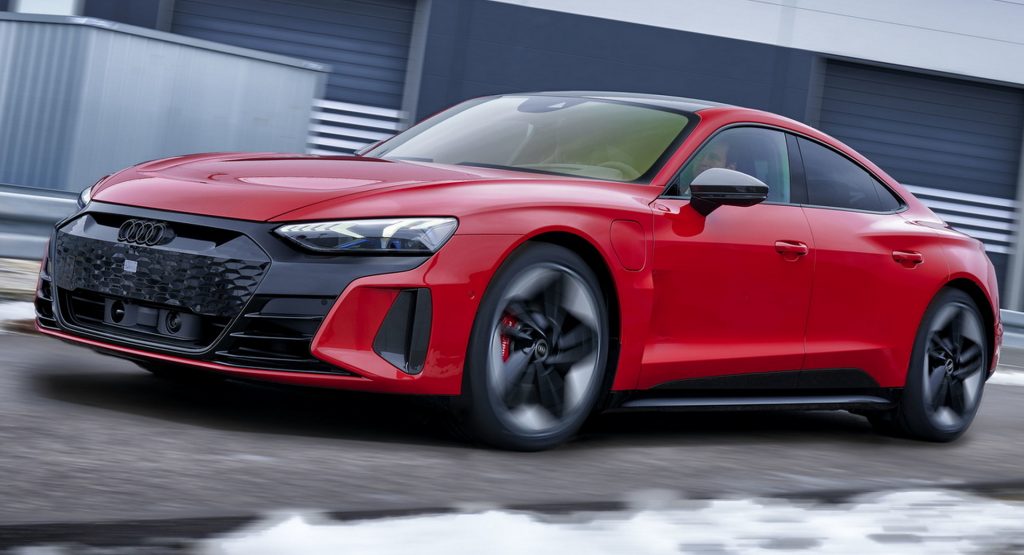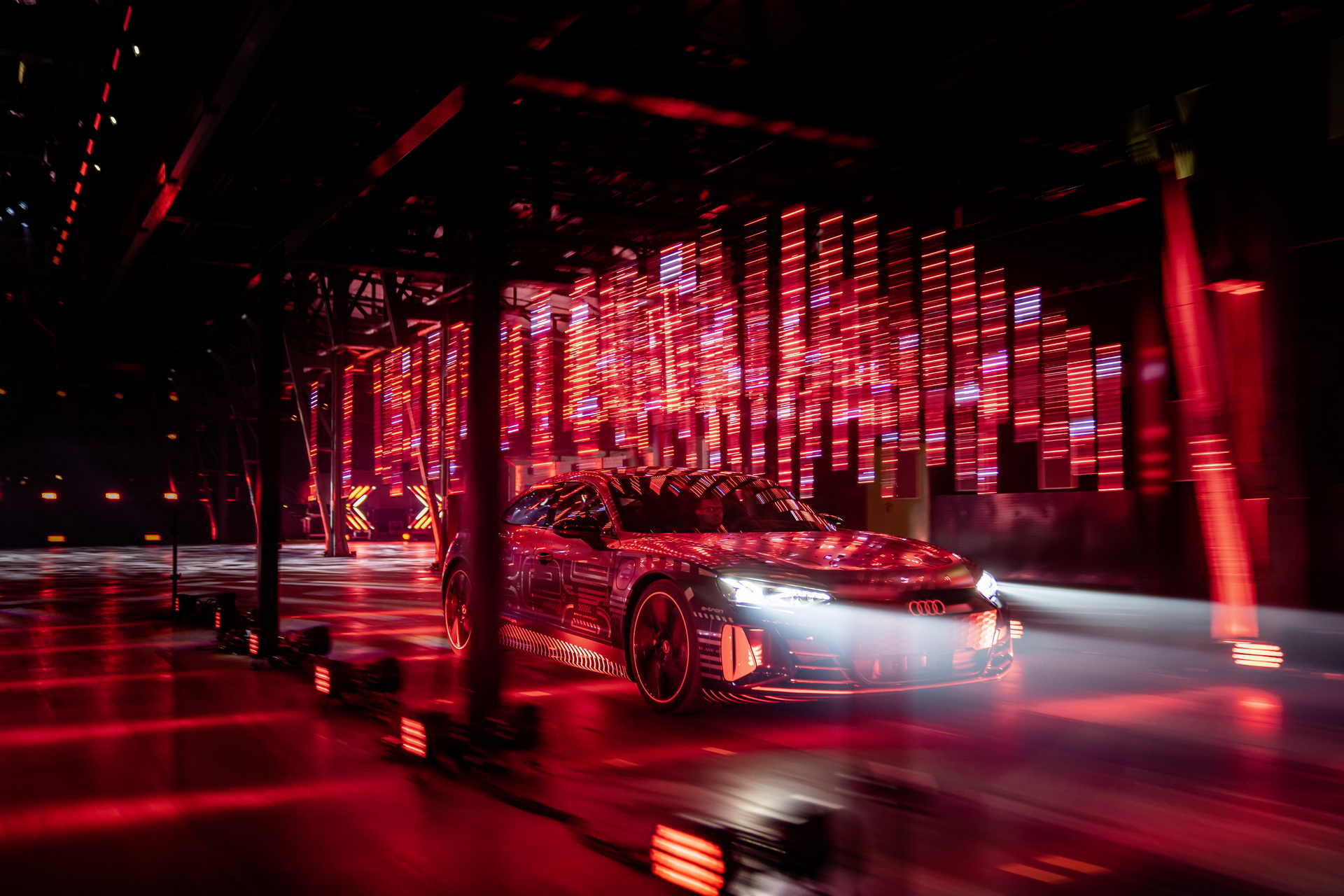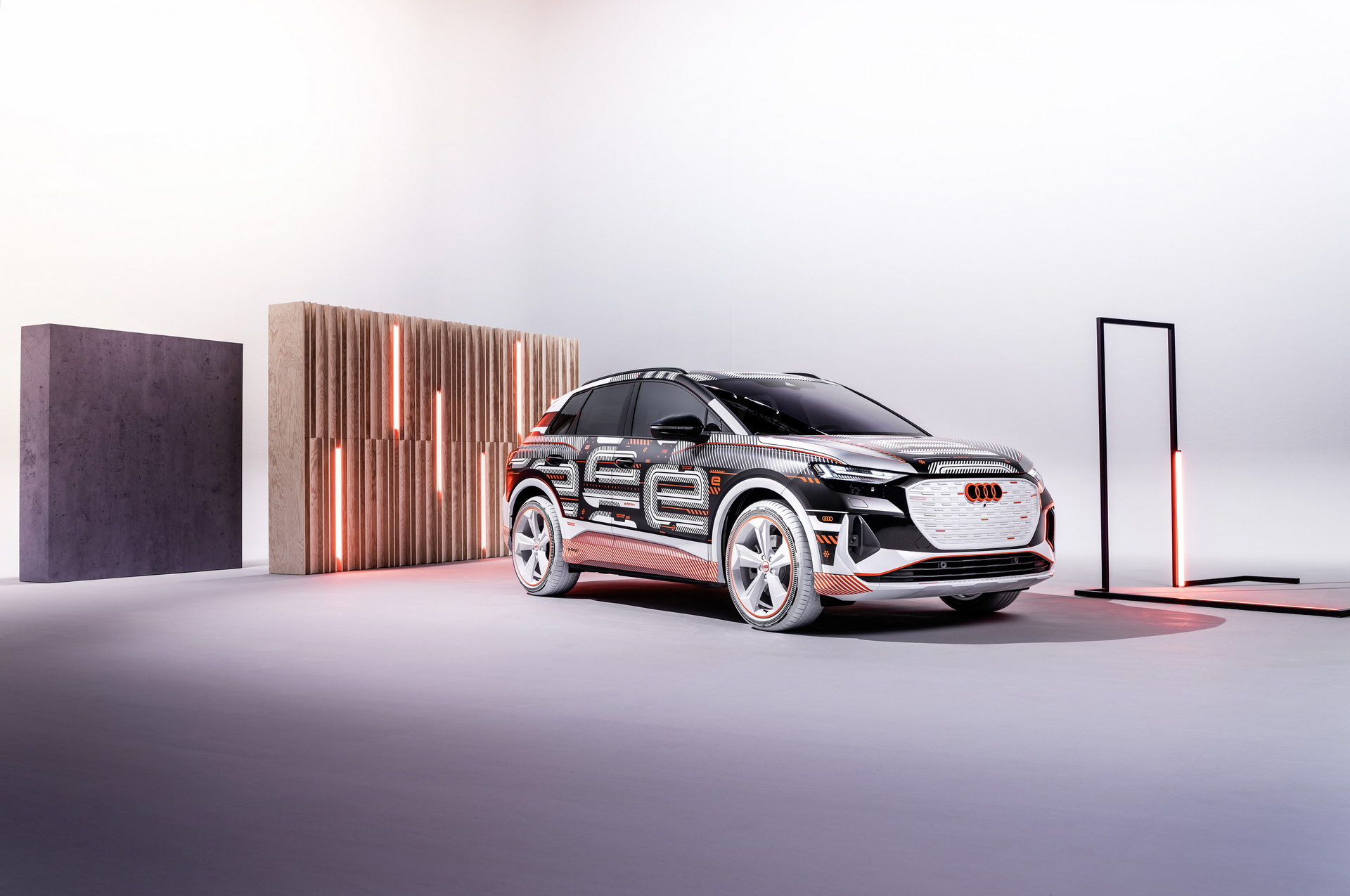The benefits of new internal combustion engines no longer outweigh the costs of developing them Audi CEO, Markus Duesmann, believes. The company, then, will put all of its efforts into developing alternative powertrains.
That’s according to an interview Duesmann had with Germany’s Frankfurter Allgemeine Zeitung newspaper. Although that doesn’t quite spell the death of the internal combustion Audis, it is a sign of things to come.
According to the CEO, Audi will continue to develop its existing engines in an effort to keep them compliant with emissions regulations for as long as possible. The company will not be designing brand new engines, though.
Euro 7 emissions standards are “technically a huge challenge with at the same time little benefit for the environment,” Duesmann told FAZ. “This places extreme restrictions on the internal combustion engine.”
Also Read: MINI To Ditch ICE Models, Go Full-Electric From 2030 In Europe?
That means that there is no exact timeline on when internal combustion engines will stop being offered. Nor is there one answer for the whole world. There are many markets with less developed charging grids than Europe, so Audi will likely continue to sell internal combustion engines in those regions after it stops selling them at home.
The move mirrors a similar decision from Mercedes. Its CEO, Markus Schafer recently told Germany’s Handelsblatt, that it will cease the development of new internal combustion engines.
“This means that the bulk of the investments can now really go into electromobility,” Schäfer told the outlet.
Both brands intend to pivot to electric vehicles, with Audi planning to offer 20 EVs by 2025. To help with that, it will borrow VW’s MEB platform for lower-price EVs like the Q4 e-tron.






